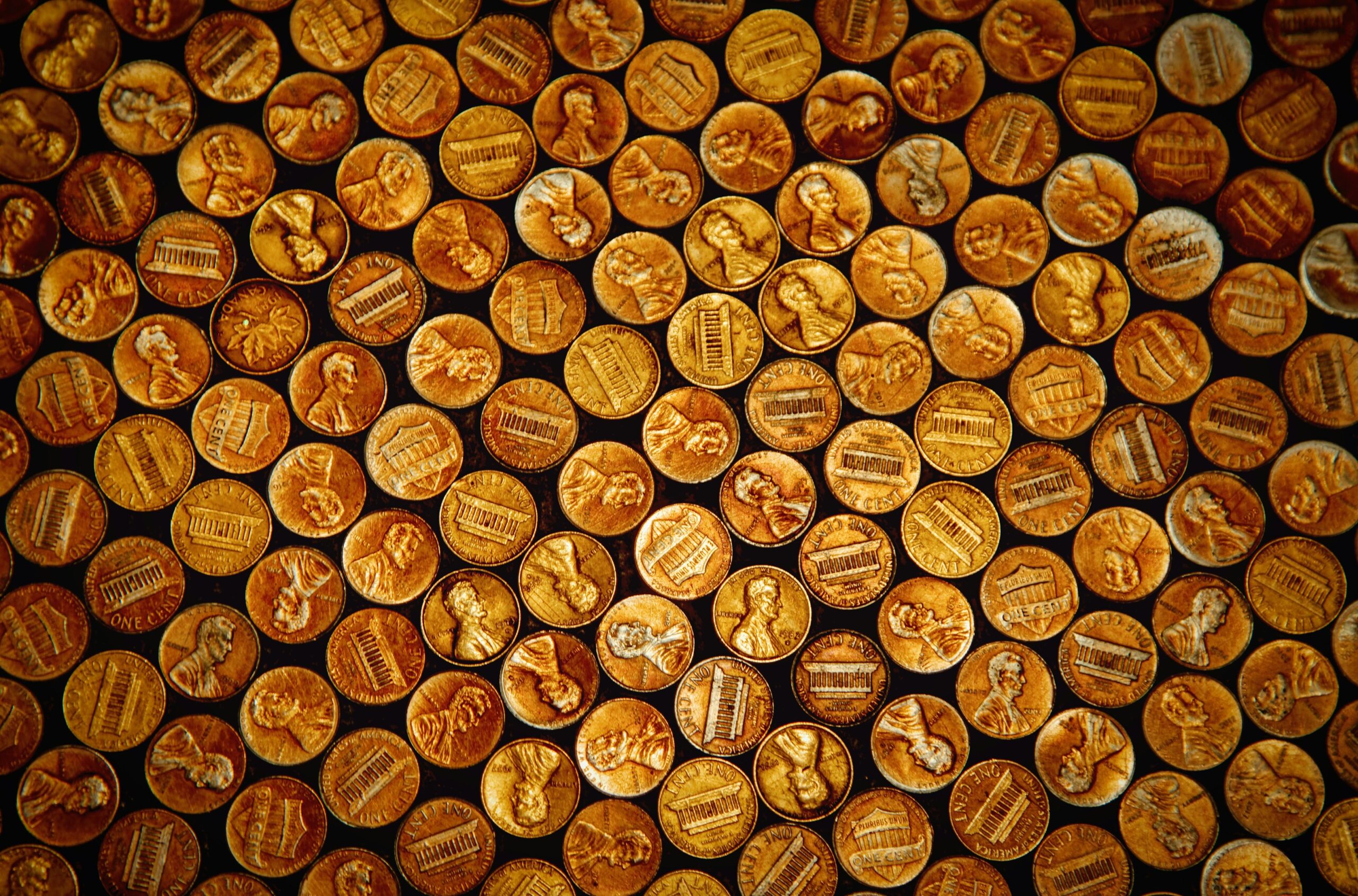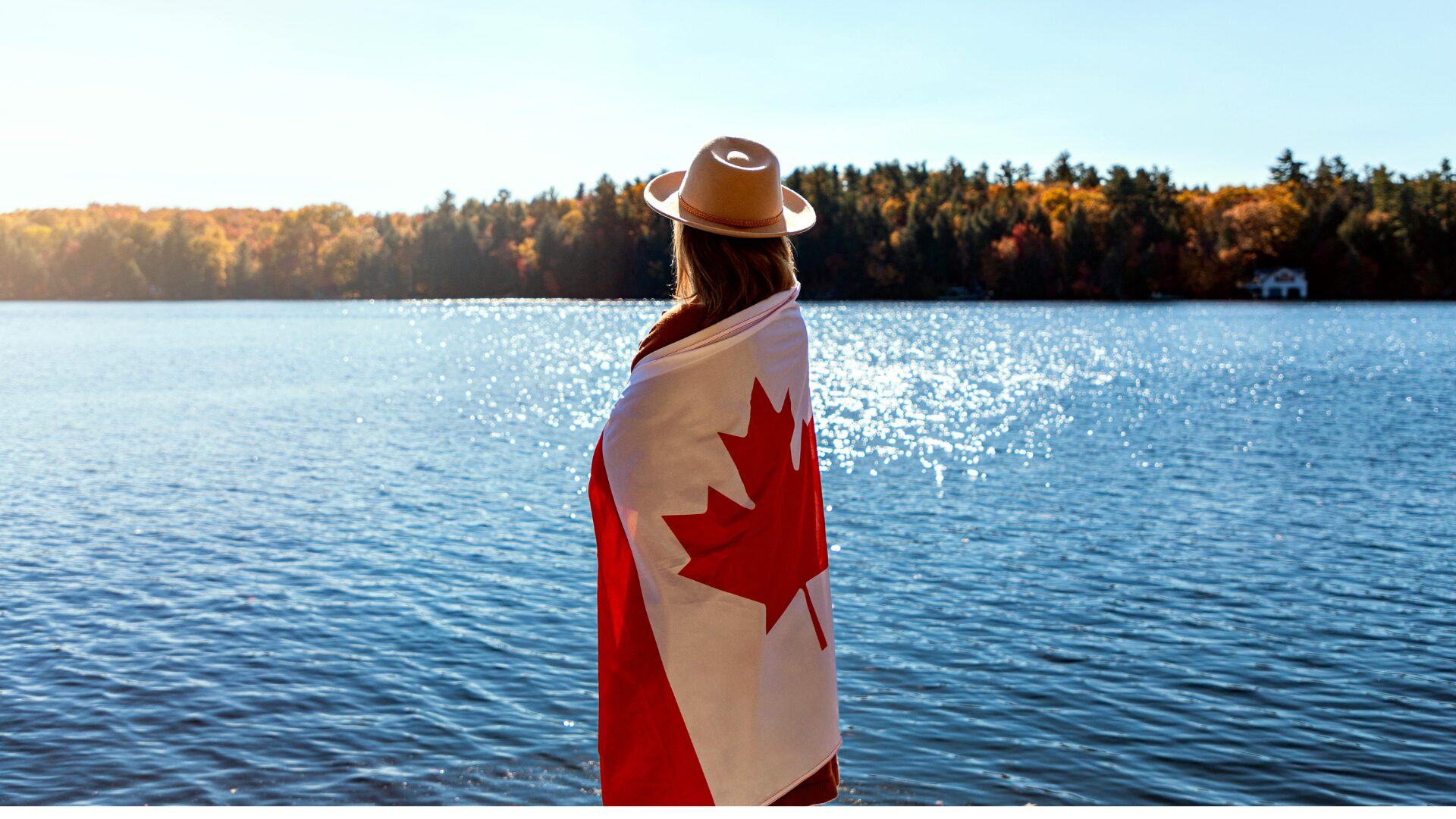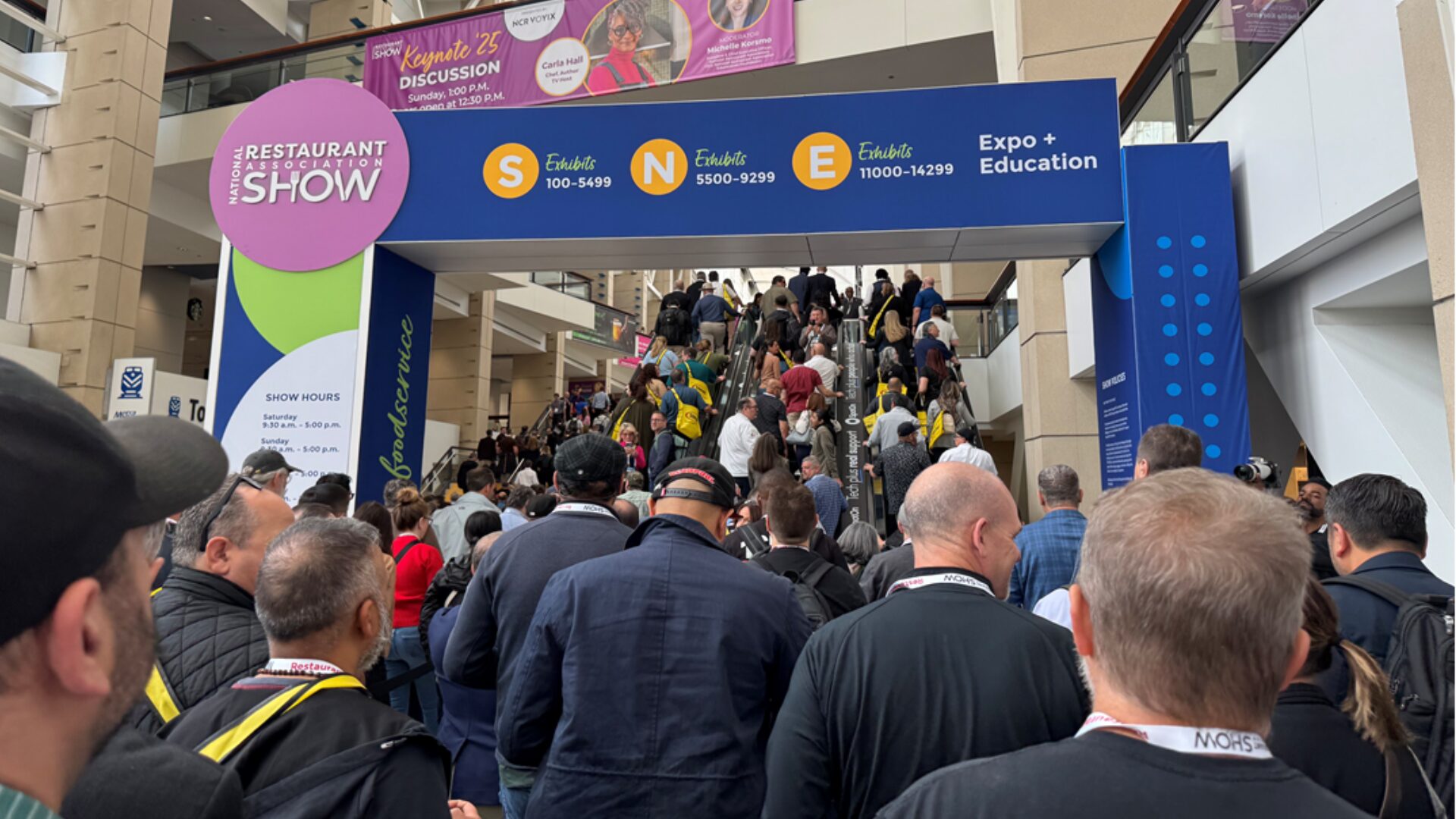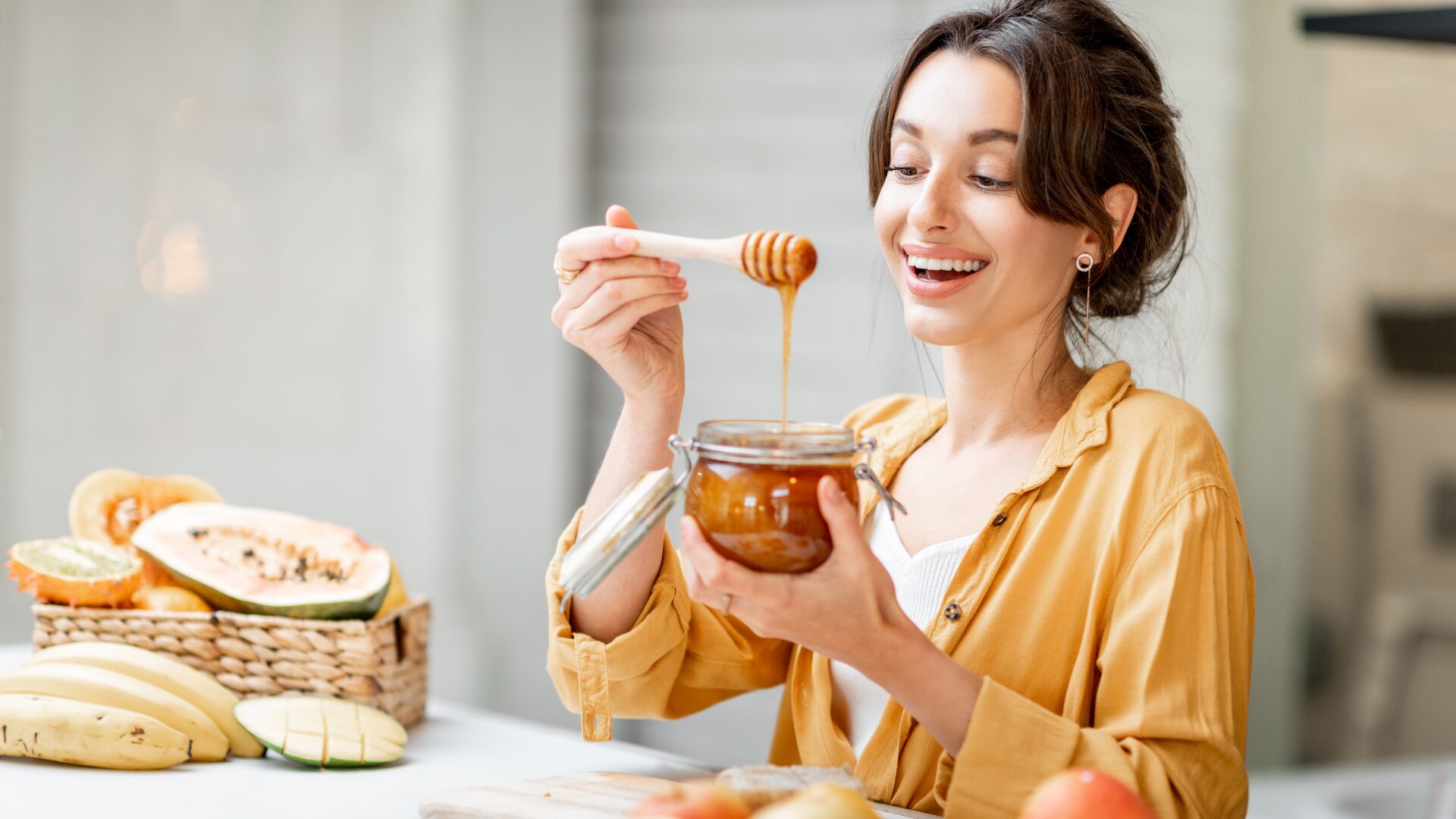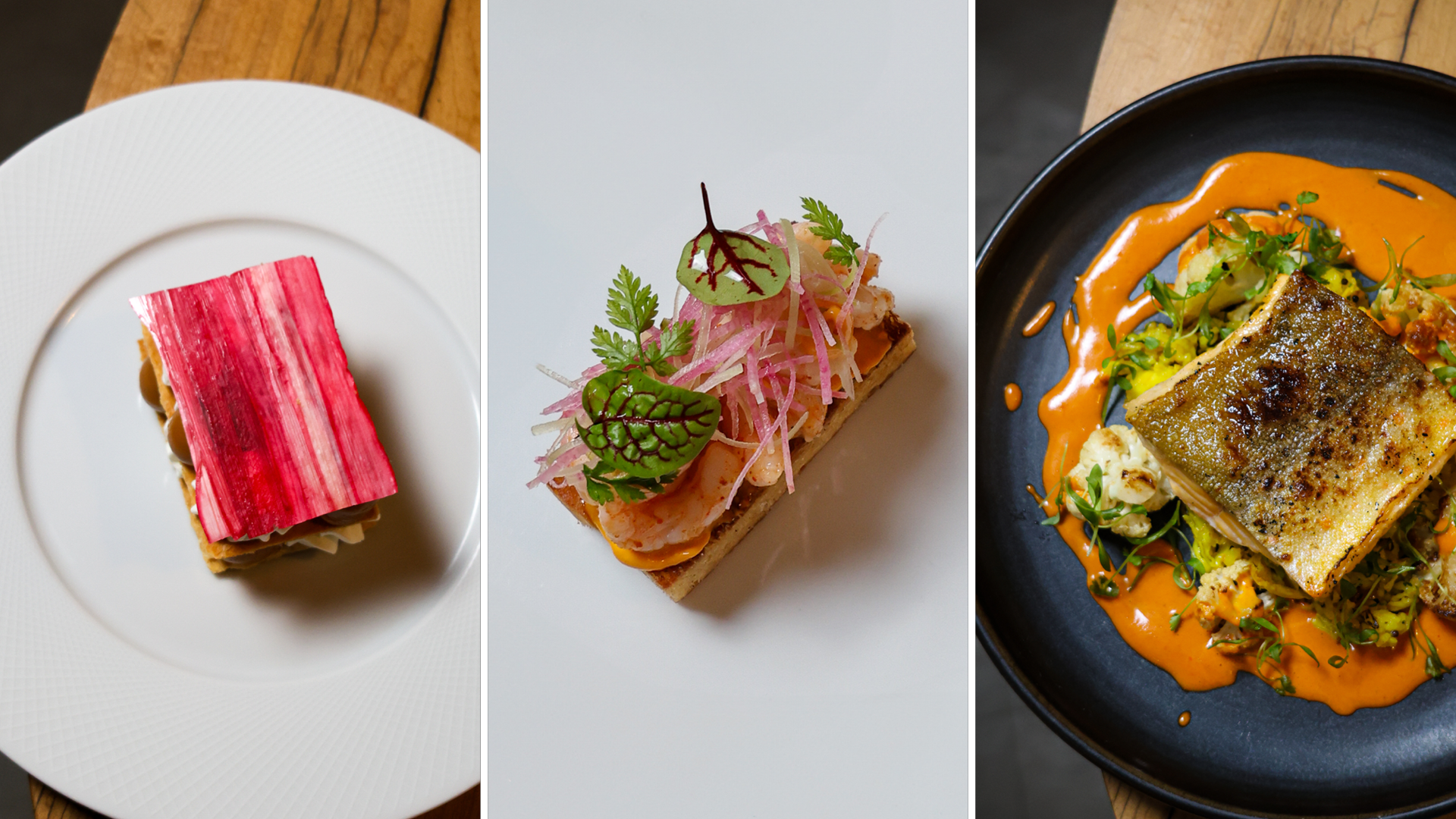In October 2019, cannabis edibles became legal in Canada with Health Canada accepting applications from companies seeking to produce cannabis-derived goods.
Brightfield Group, a market research firm specializing in the cannabis industry, projects Canada’s cannabis industry to total $3.7 billion by the end of 2020, more than double the $1.6 billion in 2019. Sales of “derivatives” (including edibles, vapes, and topicals) are expected to account for $900 million of sales in 2020, according to the firm’s managing director Bethany Gomez.
Interest from consumers is growing, providing opportunity for edibles brands producing food and drink products to expand.
An Awkward Start
The edibles market in Canada had an awkward start, according to Jamie Schau, international research manager at Brightfield Group. “In roughly three months of operations, the market has seen various edibles shortages, largely due to slow rollouts and logistical issues combined with pent-up, unmet demand from new and experienced cannabis users that have left shelves bare,” she said.
In addition, the market is now seeing runs on edible products-and cannabis in general-as people stock up in preparation for weathering the COVID-19 storm, which is further exacerbating shortages, Schau noted. The virus may also complicate supply stabilization as shelter-in-place and social distancing measures disrupt edibles’ supply chains.
“It will be challenging to gauge the market’s growth prospects until the internal hiccups and external shocks are worked out, but this is expected to be a highly successful corner of the market as exemplified by the demand already seen, as well as the fact that market players see infused (edible/beverage) products as a promising segment, driving these products to become the second-most available through legal retailers (following vapes) among 2.0 formats,” said Schau.
Schau also cautioned that companies in the U.S. will need to expect and plan for similar hiccups when scaling at a national level-particularly where state and federal rules may conflict. “U.S. companies have an advantage, though, in that several recreational markets (California’s, for example) are already operational and offer the opportunity to scale at the state-level first and work through any challenges,” she said.
Meanwhile, Ontario-based Canopy Growth Corp. has seen a very high demand for its edibles since they became legalized, according to Samantha Spence, communications manager, recreational, for the company. Canopy has three chocolate SKUs available for sale in Canada-Tokyo Smoke Go, Tokyo Smoke Pause, and Tweed Bakerstreet & Peppermint.
“We are finding that quantities are selling out within days, sometimes even hours, of being restocked,” said Spence. “All of our edibles are dosed at 2-mg. THC per serving, which allows consumers greater control over their experience, which we believe is key to converting purchasers from the illicit market.”
CBC originally reported in January that Canopy was delaying the launch of its cannabis-infused drinks. The company said work to scale up the commercial production was not complete. However, the company’s first SKU, Tweed Houndstooth & Soda, began shipping nationwide on March 11.
“We anticipate selling out quickly and will be working with our provincial distributors to keep stock replenished over the coming months,” said Spence. Canopy is also close to launching additional beverage and edible SKUs into the market.
Earlier in March, Canopy revealed a production optimization plan that included the closure of two Canadian greenhouses. Almost 17 months after the creation of the legal adult-use market, the company noted the Canadian recreational market has been developing slower than anticipated.
The company now operates an outdoor production site to allow for more cost-effective cultivation, which will play an important role in meeting demand on certain products that rely on cannabis extracts.
What Consumers Want
Forty-eight percent of Canadian consumers who haven’t tried cannabis are interest in sampling edibles, according to Mintel. “Edibles and drinkables can be a great introductory way for new users to familiarize themselves with cannabis and better understand the cannabis experience, potentially leading to using other forms of the product,” said Scott Stewart, senior research analyst at Mintel.
A survey by cannabis producer Organigram found the ideal dosage for edible products is 5 mg. of THC or less per serving. Additionally, about half of current non-consumers of cannabis would feel confident to purchase and try edible products if provided information around ingredients, potency, and effect.
Most types of edibles are expected to be consumed in private settings, either at home or private parties. Chocolates, baked goods, and sweets are among the most sought-after edible formats.
Interestingly, over half of current cannabis consumers anticipate choosing edibles over alcohol some of the time now that edibles are available in the legal market.



